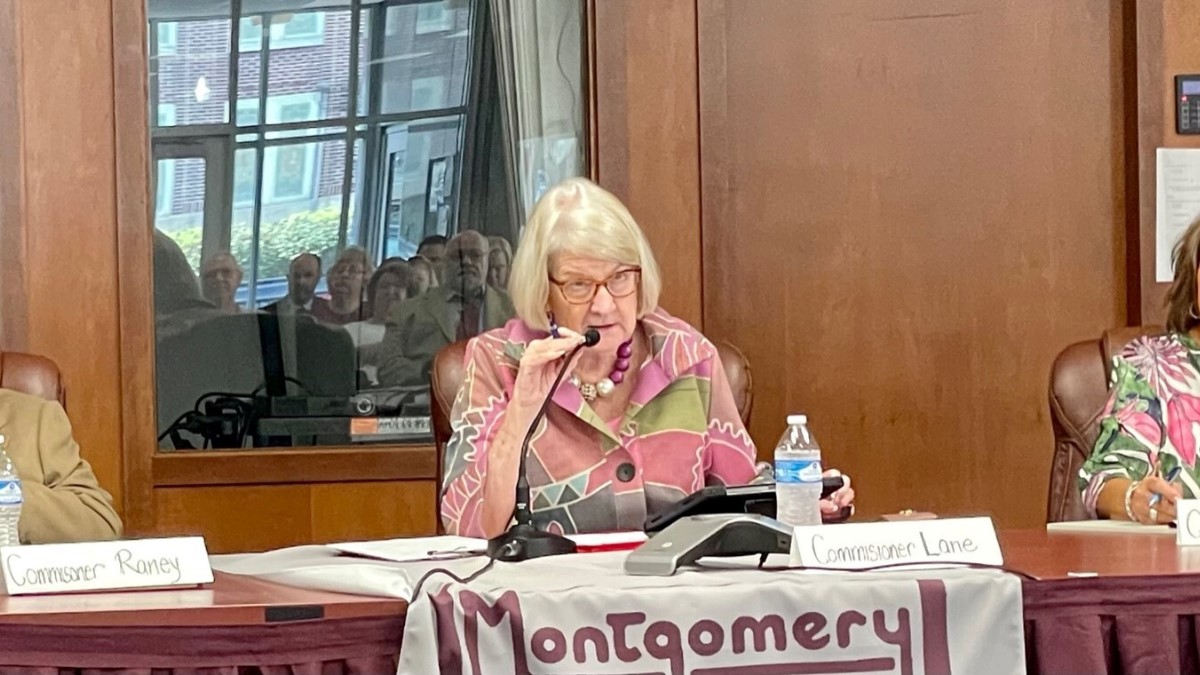The Public Service Commission (PSC) of West Virginia has issued an emergency order against Armstrong Public Service District in Fayette County, which one official called the worst in the state.
This emergency order follows concerns from residents about poor and possibly contaminated water that serves 900 customers along the Kanawha River Valley.
“I was shocked at the testimony that was presented to us today,” PSC Chairman Charlotte Lane said.
During a hearing, the commission told Armstrong to enter into an interim emergency operations and management agreement within 10 days that will allow West Virginia American Water to take control of the system. The agreement must be filed with the commission by July 31.
PSC engineer Jonathan Fowler called it “the worst system currently operating in the state” during an evidentiary hearing at Montgomery City Hall. The system’s treatment plant and infrastructure have remained the same since Armstrong came into existence in 1955.
Resident and veteran Graorge Wheeler said he had a better water system while serving in Iraq.
“I told my wife I felt like we are living in a third-world country, the water is undrinkable, you’re scared to drink it,” said Johnny Pennington, another resident.
Last Oct. 13, West Virginia American Water asked the Commission to determine if Armstrong is a distressed or failing utility. The Fayette County Commission supported the request.
